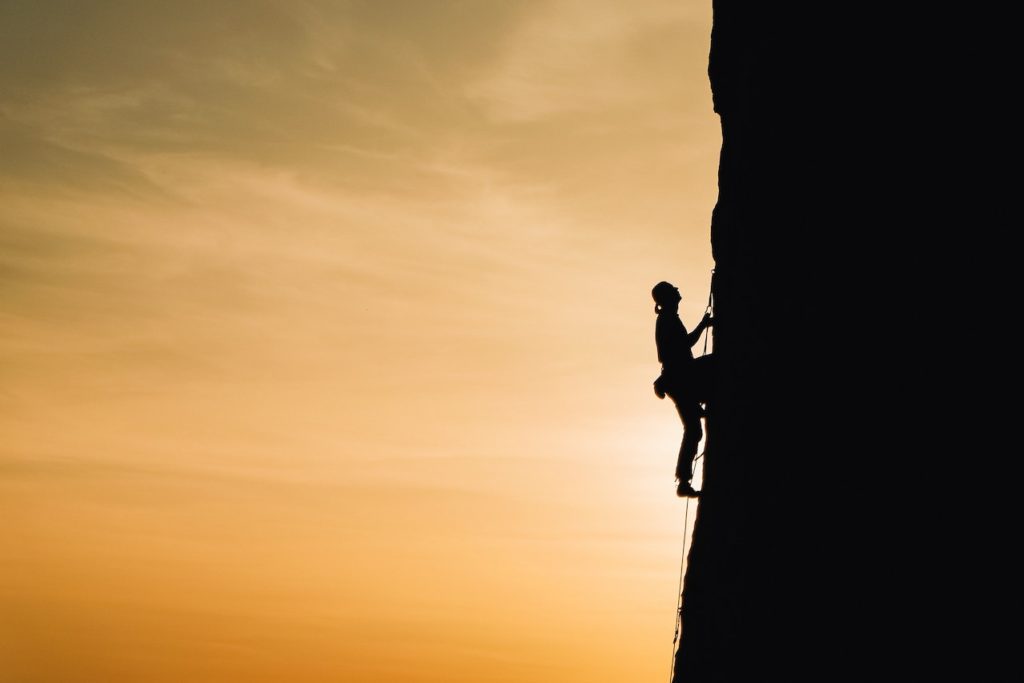
What is Courage?
We often paint courage in the hues of physical bravery—charged and aggressive, filled with fiery confrontations, and dramatic stands. We associate courage with legendary tales of heroes, defying the odds, and bold leadership. Yet, in reality, courage often dwells in the quiet, unassuming corners of our daily lives. It is the strength to say at the end of a rough day, “I will try again tomorrow.” It is the determination to keep walking despite a tempest of doubt and fear. Courage is the quiet commitment to our beliefs, values, and selves in the face of adversity.
Understanding Everyday Courage
The manifestation of courage isn’t always in grand acts. It permeates our everyday actions and decisions. Think of the parent who tackles both work and home, day after day, without fail. Consider the individual who, despite repeated failures, still strives for success. Remember the person who stands up for what is right, despite popular opinion.
Courage is the determination to go grocery shopping even when your anxiety tells you otherwise. It’s the resolve to say no when all you crave is to be accepted. It’s the fortitude to endure, to persevere, to continue to breathe, even when life feels suffocating.
The Myth of Fearlessness
Often, people confuse courage with fearlessness. Yet, the truth is, courage isn’t about the absence of fear but the ability to move forward despite it. In fact, courage and fear are two sides of the same coin. Courage would be meaningless without fear—it is the act of acknowledging our fears and choosing to act regardless that makes us courageous.
A hero charging into battle is afraid, yet they continue. A public speaker may fear the judgment of their audience, yet they step onto the stage. We all grapple with fears and anxieties. It is our decision to not let these fears dominate our actions that exhibits true courage.
The Power of Vulnerability
Society often incorrectly associates vulnerability with weakness. Yet, to allow oneself to be vulnerable requires immense courage. It involves opening oneself to the possibility of pain, rejection, or disappointment. By embracing vulnerability, we exhibit the courage to be our authentic selves, thereby creating deeper connections and paving the way for personal growth.

How to Nurture Your Courage
Cultivate Self-Awareness
Self-awareness is the cornerstone of courage. It’s about understanding our fears, knowing our strengths, and acknowledging our weaknesses. When we are self-aware, we can objectively evaluate situations and make balanced decisions despite our fears. Cultivating self-awareness begins with introspection—reflecting on our actions, reactions, desires, and inhibitions. Techniques like journaling, mindfulness, and meditation can aid this process. Moreover, professional assistance through therapy or counselings can also provide valuable insights into our subconscious selves, enabling us to confront and overcome hidden fears.
Practice Resilience
Resilience is the ability to recover from setbacks, adapt well to change, and keep going in the face of adversity. By developing resilience, we essentially nurture our capacity to demonstrate courage consistently. We can enhance resilience by maintaining a positive attitude, focusing on our capabilities rather than shortcomings, and setting realistic goals that inspire us to keep pushing forward. Furthermore, it’s essential to have a strong support system and to adopt healthy coping mechanisms, such as regular physical exercise, a balanced diet, and ample rest, to effectively deal with stress and challenges.
Build Self-Confidence
Self-confidence is the fuel that propels courage. The more faith we have in our abilities, the more courageously we can navigate life’s ups and downs. Building self-confidence begins with acknowledging and appreciating our skills, talents, and achievements—no matter how small they may seem. It’s essential to set and achieve small goals, step outside of our comfort zones, and practice positive self-talk. Celebrate your victories, and remember, it’s okay to be proud of yourself. As your self-confidence grows, so will your capacity to act courageously.
Foster Emotional Intelligence
Emotional Intelligence (EQ) is the ability to identify, understand, and manage our emotions, which is key in dealing with fear and acting courageously. High EQ allows us to keep our fears in check and prevent them from paralyzing us, empowering us to face adversity head-on. To cultivate EQ, practice empathy, learn to manage stress, observe how your emotions affect your behaviour, and practice responding rather than reacting to situations. Techniques like mindfulness, meditation, and breathing exercises can help manage emotions, reduce stress, and thereby enhance EQ.
Embrace Failure
The fear of failure is often what holds us back from acting courageously. Yet, when we shift our perspective to see failure as a stepping stone to success, as an essential part of our personal growth, we can act more courageously. Embracing failure is about understanding that every failure is an opportunity to learn, improve, and move forward. It requires an open mindset, willingness to take calculated risks, and the tenacity to keep trying despite the setbacks. It is by falling and getting up again that we demonstrate true courage.
Nurturing courage is a journey that requires consistent effort and self-reflection. It’s about understanding yourself, believing in your capabilities, managing your emotions, and being open to failure. Always remember, courage is not about being fearless—it’s about standing tall in the face of fear and choosing to move forward.

You Are Courageous
Remember, every step you take, every decision you make—big or small—has the potential to be an act of courage. Sometimes, courage means standing up to a bully, and at other times, it means getting out of bed on a particularly hard day. Courage resides within us all, quietly urging us to try again, to persevere, to keep going. Recognize this courage within you and let it guide you in your journey. Because, in truth, we are all courageous, in our own unique and wonderful ways.
Ready to Unleash Your Courage?
By now, you’ve seen that courage isn’t just for heroes in epic tales, but a quality we all possess. It is the small acts of bravery that transform our lives, the quiet strength to keep going, the resilience in the face of adversity, and the daring to try again tomorrow.
Are you ready to embrace your inner courage? Start today! Engage in self-reflection, practice resilience, build self-confidence, enhance your emotional intelligence, and learn to embrace failure.
Remember, courage is a muscle, the more you use it, the stronger it becomes. So don’t wait for a monumental moment to demonstrate your bravery. Take small steps every day, whether it’s speaking up for yourself, trying a new hobby, or standing up for what’s right. Let courage become your default setting.
And most importantly, be kind to yourself on this journey. Building courage doesn’t mean you won’t have moments of fear or doubt. It means you will continue to move forward despite them. You are stronger and more courageous than you think.
Embrace the challenge, summon your courage, and see how your world changes. You’ve got this!
Tell me in the comments below about your small act of courage today!

